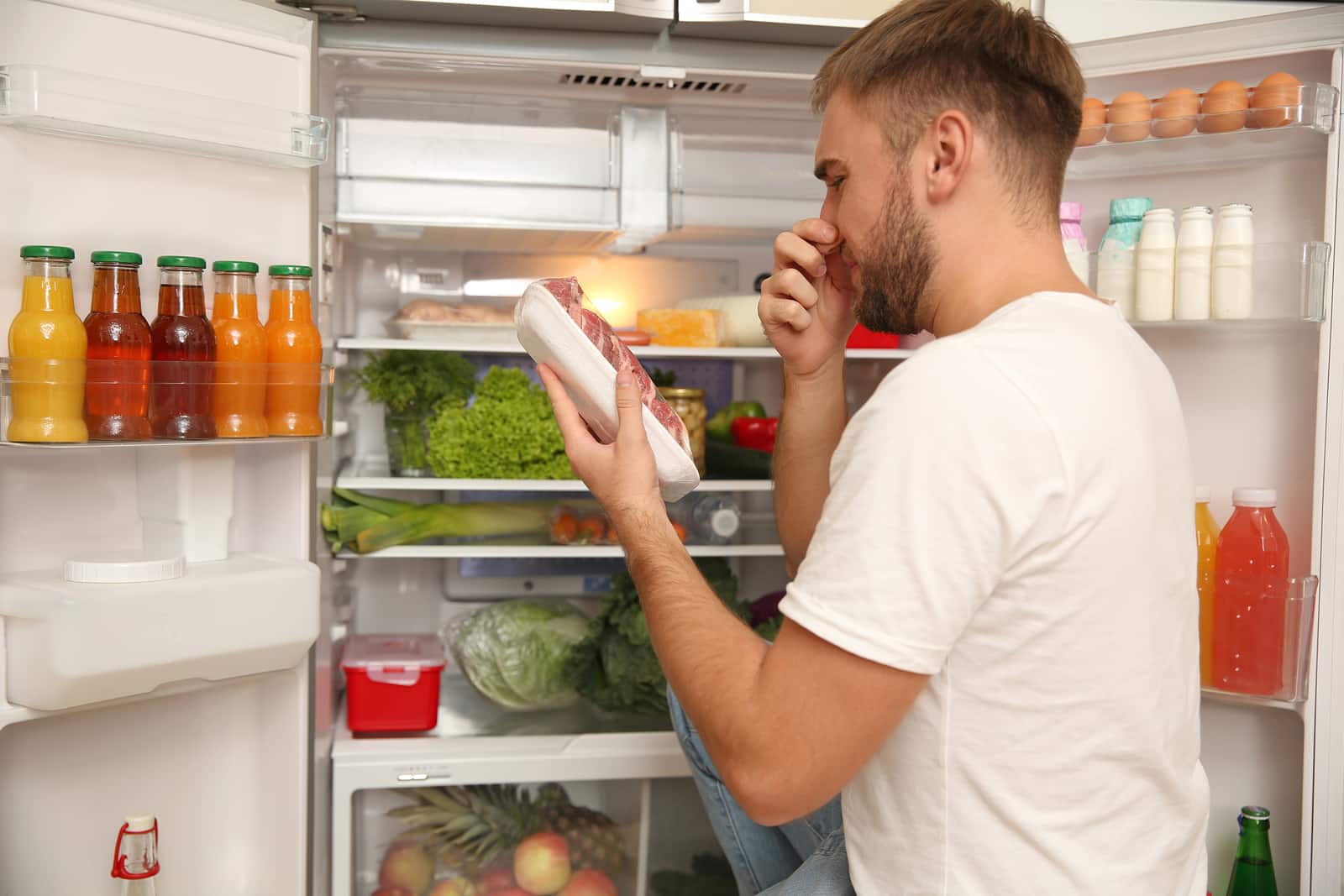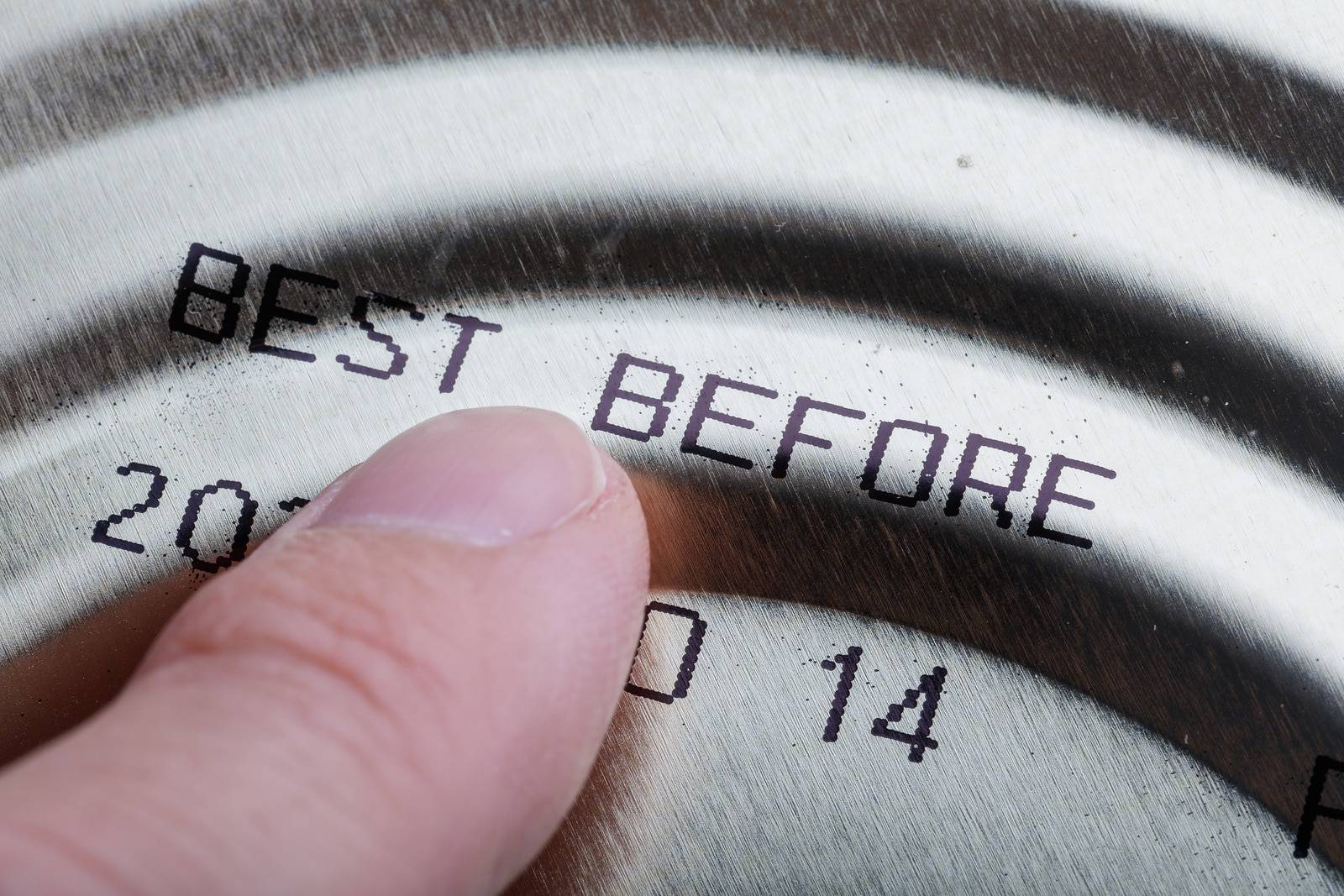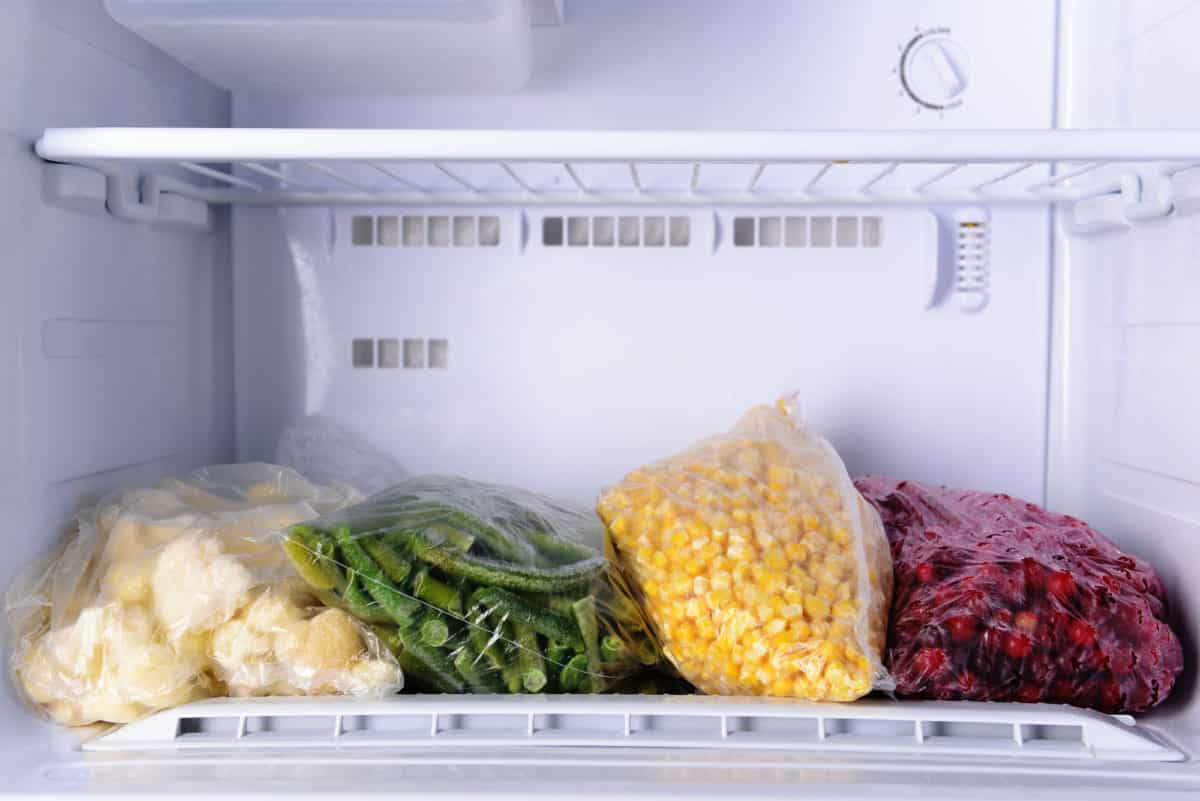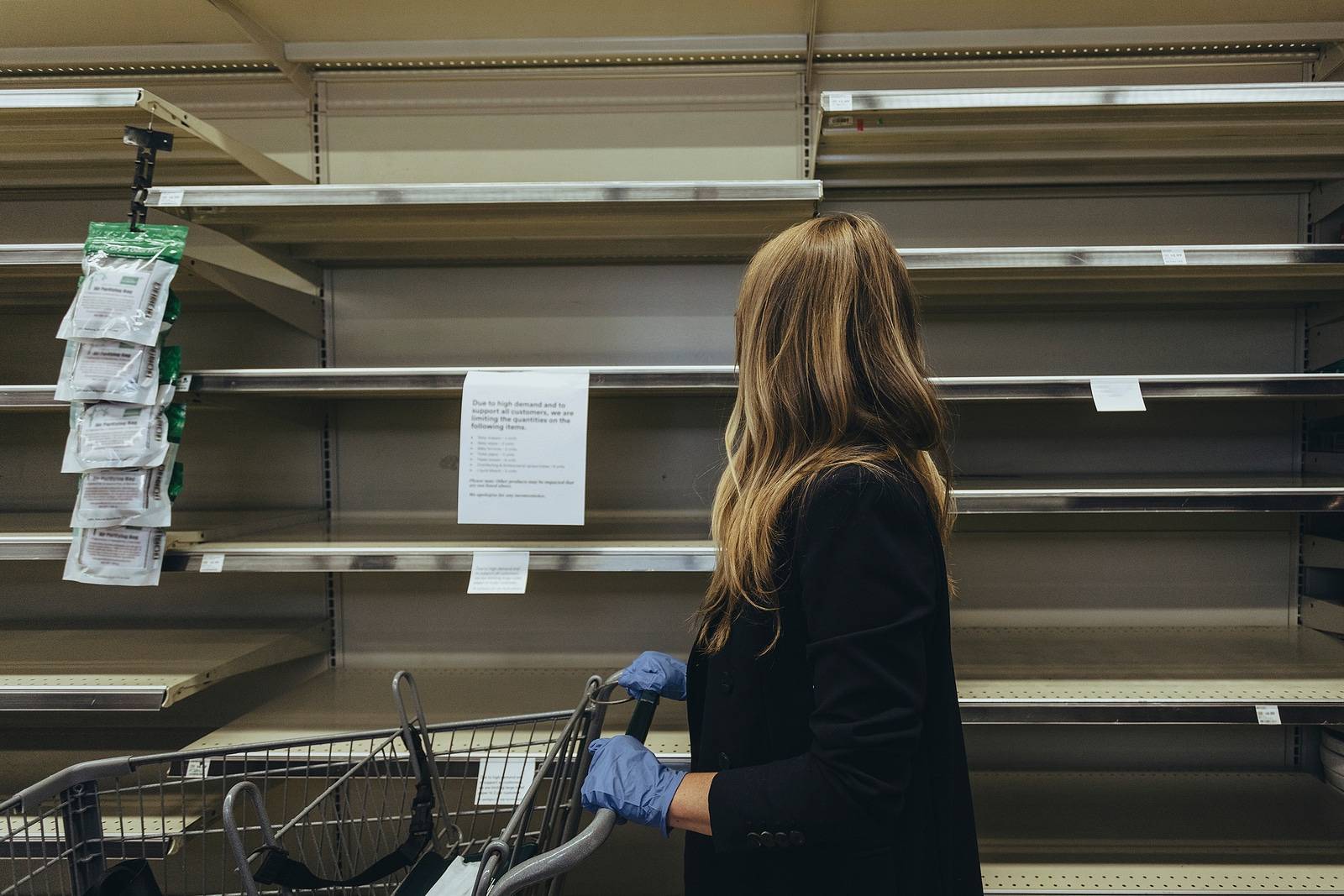How supermarkets play with best before dates. Must of us know that grocers have a legal obligation to look out for our safety, which means they are not allowed to sell consumers over expired food. Or is this a myth?
Best before dates (or expiration dates) on food packaging informs us approximately when the food we purchase goes bad. While some food remains relatively safe to eat once the best before date has come and gone, other food products are not safe at all to eat. Not only that, but there are other products sold at grocers that are not safe for us to use once the expiration date has passed, such as makeup.
How Supermarkets Play With Best Before Dates
While we trust grocers to have our best interest in mind when it comes to our safety, various undercover investigations in Canada, the United Kingdom, and the United States have taught us that this is not always true. You would be surprised at some of the practices grocery store owners, and managers have implemented to save money. Most of these practices involve manipulating the best before dates, so they do not lose money. For this reason, we need to know the truth about best before dates.

Best Before Dates Do Not Mean Anything
Most consumers believe that terms such as “display until,” “expires on,” “best if used by,” and “sell by” are well-regulated terms that mean something. The reality is: such terms do not necessarily hold any weight when it comes to governmental regulation. To understand why this is so, one must first understand how the western societies started moving away from producing their food to purchasing it from corner stores. By the 1970s, most Americans were buying their food from large grocers.
As more of our food became processed, manufacturers had to come up with a method of informing grocers when to rotate their food stock. These codes originally had nothing to do with informing the consumer when food products were no longer edible. While these codes were never meant for consumers to worry about, it goes without saying that some curious person found out how to decipher the codes. This individual eventually released a book entitled Blind Dates: How to Break the Codes on the Foods You Buy.
This book was written to help consumers understand the codes so they could choose the freshest food products. An article published by the Desert News in 1978 gives you an idea of how it was back then when consumers first began to learn how these codes worked.
Expiration Dates Are Not Regulated
As more and more consumers began to crack the codes, food manufacturers, suppliers, and supermarkets started to voluntarily label their food products with labels featuring information like date of production and date of expiration. Eventually, Congress attempted to pass a few bills which would have regulated such labels but were never successful in doing so. A couple of examples include the Fair Packaging and Labeling Act and the Open Dating Perishable Food Act of 1973—both of which were killed in the Senate by politicians influenced by corporate lobbyists (of course).

With that said, best before dates have become a method in which grocers and other businesses in the resale food industry fool consumers into purchasing products confidently. And since there are no regulations preventing companies from manipulating best before dates, supermarkets can simply re-sticker items with new best before dates until they sell the items. This explains how supermarkets and grocery stores can make so much profit—they’re selling us expired food, essentially.
FDA Moving to Regulate Best Before Date Labels
As more consumers and watchdog groups are bringing awareness to the dangers of eating contaminated, over expired, and bacteria-infected food, the FDA announced in 2019 it will push for regulation of best before date labels. It’s not only about protecting consumers from eating something bad, either. The FDA also wants to prevent people from throwing foodstuff away solely based on the best before date on packaging when particular items have much longer shelf lives than others. For example, if stored properly, canned and, bottled goods can last years, whereas bagged items tend to turn stale or go bad a lot faster.

How bad is going past best before date? Well, it usually depends on the type of food. For example, individual deserts with fruit topping can grow molds and fungi that are deadly! And the scary thing about it is, many supermarket bakeries have a habit of merely scraping the moldy fruit and replacing it with fresh fruit topping to make an expired desert look fresh.
A part of the FDA’s strategy is to create labeling standards that inform consumers of food quality (but not safe unless baby formula and baby food) and better expiration dates. However, there still is not anything on the table about stopping grocers from replacing old labels with new labels so they can sell that cake in the bakery that has not sold in a month. So, while the FDA is trying its best to prevent food waste, it still can’t seem to do anything more concerning food safety. This means shoppers need to be a lot more cautious about the kinds of products they buy and from where they buy them.
Read more – Which Frozen Foods Are Healthiest?








